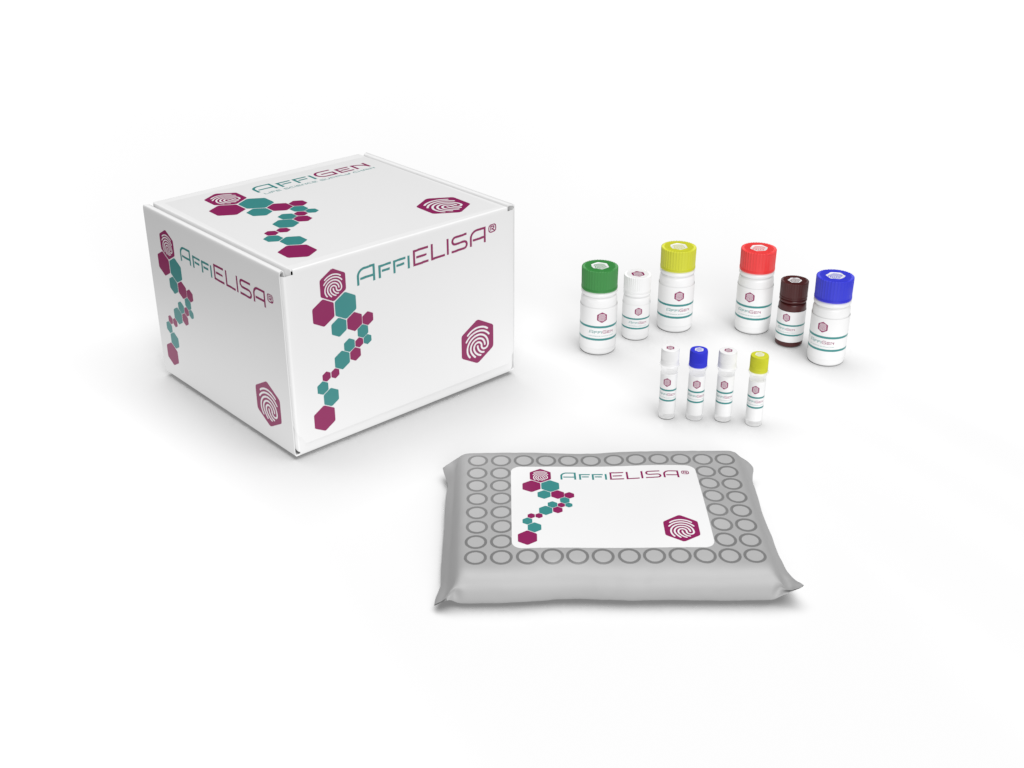Enhancing Immunoassays: Exploring the Utility of Camelid ELISA Kits in Biomedical Research
Introduction:
Enzyme-Linked Immunosorbent Assay (ELISA) remains a cornerstone technique in biomedical research, facilitating the detection and quantification of various analytes with high specificity and sensitivity. Among the diverse array of ELISA formats available, Camelid ELISA kits have emerged as a promising tool, harnessing the unique characteristics of camelid antibodies to enhance assay performance.
Understanding Camelid ELISA Kits:
Camelid ELISA kits utilize antibodies derived from Camelidae species, including camels and llamas. These antibodies, known as heavy-chain antibodies or nanobodies, possess distinctive features such as small size, high stability, and exceptional antigen-binding properties. Due to their single-domain nature, camelid antibodies can access cryptic epitopes that are inaccessible to conventional antibodies, thereby enabling improved target recognition in immunoassays.
Advantages of Camelid ELISA Kits:
- Enhanced Sensitivity: The small size and unique structure of camelid antibodies allow for increased penetration into complex biological samples, resulting in heightened sensitivity and detection of low-abundance analytes.
- Stability: Camelid antibodies exhibit remarkable thermal and chemical stability, rendering Camelid ELISA kits suitable for a wide range of assay conditions, including harsh environments and prolonged storage.
- Specificity: Camelid antibodies demonstrate high specificity and affinity towards target antigens, minimizing non-specific binding and cross-reactivity commonly encountered in traditional ELISA assays.
- Versatility: Camelid ELISA kits can be tailored to detect various analytes, including proteins, peptides, and small molecules, offering versatility across diverse research applications.
Applications of Camelid ELISA Kits:
Camelid ELISA kits find utility in a myriad of research fields, including:
- Biomedical research: Detection of disease biomarkers, cytokines, and viral antigens for diagnostic and prognostic purposes.
- Drug discovery: Screening and quantification of therapeutic targets and drug candidates in pharmaceutical development.
- Agriculture: Monitoring of food safety and quality through the detection of contaminants and allergens in agricultural products.
- Environmental monitoring: Assessment of environmental pollutants and toxins in water, soil, and air samples.
Future Perspectives:
As technological advancements continue to drive innovation in immunoassay platforms, Camelid ELISA kits are poised to play an increasingly prominent role in biomedical research and diagnostic applications. Further research efforts aimed at expanding the repertoire of camelid antibodies, optimizing assay protocols, and improving assay automation will contribute to the continued advancement and adoption of Camelid ELISA kits in the scientific community.
Conclusion:
Camelid ELISA kits represent a valuable addition to the immunoassay toolbox, offering enhanced sensitivity, specificity, and versatility for the detection and quantification of diverse analytes in biomedical research and beyond. By harnessing the unique properties of camelid antibodies, researchers can unlock new opportunities for scientific discovery and innovation in diagnostics, therapeutics, and environmental monitoring.
Recent Posts
-
Enhancing Immunoassays: Exploring the Utility of Camelid ELISA Kits in Biomedical Research
Introduction: Enzyme-Linked Immunosorbent Assay (ELISA) remains a cornerstone technique in biom …17th Apr 2024 -
Deciphering the Mechanisms of Dengue Virus-Like Particles (VLPs) for Advancing Vaccine Development: A Comprehensive Analysis
Dengue fever remains a significant global health concern, with millions of infections reported an …17th Apr 2024 -
Canine Brucellosis: An In-depth Exploration of Diagnosis and Management
Canine brucellosis, caused by the bacterium Brucella canis, is a significant concern for dog owne …16th Apr 2024

